Google vs Huawei: why Android could be the big loser in the end
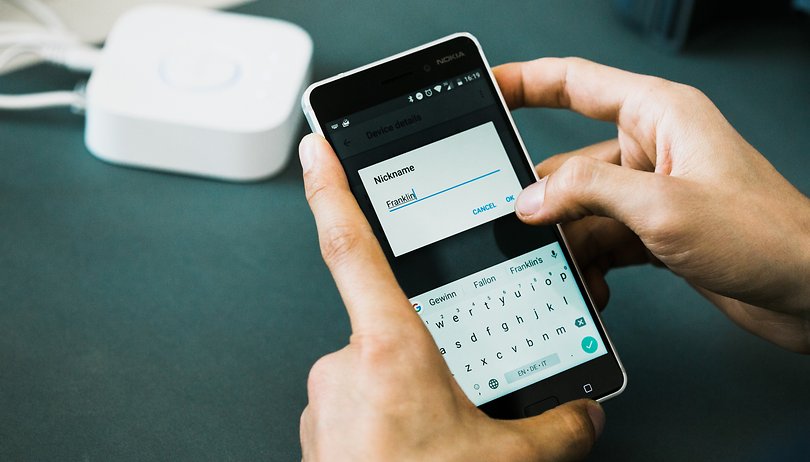

I must apologize - the title is actually not precise. Actually, Google/Alphabet and Huawei do not face each other as opponents. Rather, it is the Trump government that seems to be fighting a proxy war - and playing high-stakes poker at the same time.
With the fact that it has blacklisted the Chinese telecommunications manufacturer Huawei, making it impossible for American companies to do business with Huawei, America is apparently in the clear for the time being. But there are also some considerations that could make Huawei retaliate - and in the end take revenge first against Google, and then the USA.
Is this really about suspected espionage?
Almost all telephones are manufactured in the People's Republic of China. Worldwide! This does not only mean the well-known Chinese brands such as Huawei or Xiaomi, Oppo, Honor (which will probably also be affected by this ban due to their proximity to Huawei) or OnePlus. But of course also those from Nokia or Apple. Now the USA is accusing Huawei's technology of being a gateway to Chinese espionage and sabotage.
This is certainly not to be dismissed completely. I can still remember 2009 well when an industry insider told me that several German companies were not allowed to use Huawei technologies in their networks. At the time, it was possible to prove suspicious data traffic.
But that was ten years ago, so you might ask yourself: how exactly does Huawei spy? Is it guaranteed that perhaps a hardware manufacturer will not modify a circuit board of a US telephone in such a way that it offers a backdoor? Such an approach would certainly be extremely difficult to prove.
Why Huawei and not ZTE? Why now? And why such harshness?
Huawei and the USA have never been good friends anyway. In December of last year, Canada arrested Meng Wanzhou, head of finance at Huawei, allegedly for violating Iran's sanctions at the instigation of the USA.
Shortly before this, the Chinese company ZTE also had very similar problems. The USA also accused the group of having violated sanctions and banned US suppliers such as Qualcomm, Intel and Google from selling goods and services to ZTE. However, the Chinese were able to free themselves from the embargo in exchange for a payment of 400 million US dollars and the replacement of the entire top management.
In this context, it is surprising that the new punishments are aimed quite one-sidedly at Huawei and its subsidiaries. Especially since the current punishment can be described as quite draconian.
Hard times are dawning for the world's second-largest smartphone manufacturer
The break with Google should be extremely painful for Huawei - or will be. After all, thanks to Android and great hardware and software, the company has become the world's second-largest smartphone manufacturer in recent years. It is doubtful that Huawei can maintain this position without an agreement with Google. Many customers are likely to be insecure and then switch to other brands - a smartphone without Google services is not sexy enough.
All smartphone manufacturers with Android should be warned from now on. Their dependency on Android is obviously a sword of Damocles with unpredictable dangers. Of course it is quite possible that we, the public, do not know enough of the many machinations in the background and that the US government is taking a reasonable step here. A fishy aftertaste remains nevertheless and a clear public rationale for this very rare and drastic step is missing.
As the CEO of a hardware manufacturer, I would at least be worried and try to forge new software alliances - just to be independent of Android. The fact that Samsung, as well as Huawei, has such a plan in the back pocket, has been circulated for a long time. Who knows - maybe they'll open soon and the biggest smartphone manufacturers will turn the tables. Customers might be ready for such a step - far from all smartphone users need all Google services.
Because one thing should be clear: a smartphone needs an operating system. But an operating system also needs smartphones. The balance of this system is now upset. Let's see how it settles in the future.
It could turn out at the end that the pendulum swings back violently - and strikes.
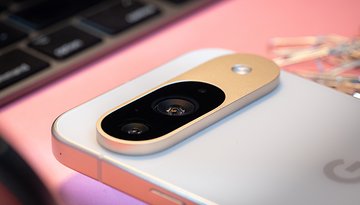

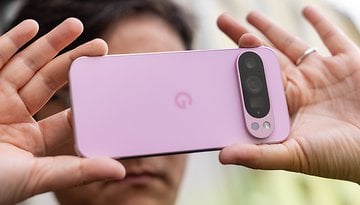
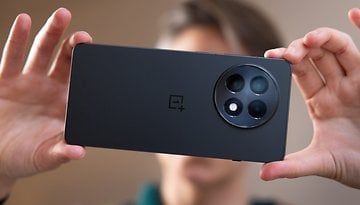
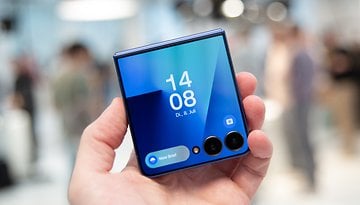


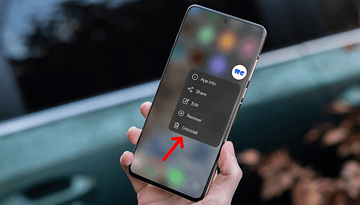






I can reverse the question. Who really spies? Google or Huawei? I believe google. And at the future I will support anything else but google. I have to depend every time on Google s mood? Sorry but I prefer more freedom. In this case is more like terror. As a European I don't mind at all to abandon Google.
But there's one fact that they miss... Android is open source based on linux... So everyone can modify it... In my own opinion it can't harm huawei too much and huawei are not only smartphones, they are much bigger... So developing their own os will be like a pice of cake, and other manifactuers like samsung have a backup plan for operating os... And now after this with huawei it's tricky for all other smartphone manufacturers... So good luck google
"If Huawei cannot enter into a contract with Google, then they cannot enter into the Apache 2.0 licensing agreement with Google. It is important to remember that open source licenses work within our current copyright framework. They utilize the design of our copyright framework to give almost everyone the right to make copies of the source code, as long as you follow the terms of the licensing agreement. Google does not intend to end their open source licensing agreements with Huawei, however, they can only maintain that position as long as the U.S. government allows them to. People think open source completely free that is not always the case and is not when it comes to Androids source code. They would not have a license to distribute the AOSP codebase. If they do not have a license to distribute it, then any attempted distribution of that code by Huawei would be a violation of Google’s copyright."
Linux phones for the win. Go Puri.sm and Pine64!
Consumers are always the first to feel the pinch whenever there is a trade war going on. These wealthy executives don't care, unless the companies they are running are not being profitable.
Google / Alphabet will lose revenue overtime, those manufacturers that rely on Android have a choice to develop their own OS (good luck, that will cost billions!) OR stick with Android and don't piss off the USA.
Have we relied on China too much to manufacture things cheaply? If so, where do we turn to as an alternate? Can we find other countries that will manufacture affordably AND not cause pollution AND not have a slave labor environment?
Yes. Right here in the USA.
Just how that happen then, China has the funding, financing and everything else in place.
I think it is unlikely to significantly hurt Google. A new OS has a hard uphill battle for acceptance by consumers, but if it succeeds all it has done is increase choice. While they might gain some market share, they need to avoid the peril of becoming KaiOS, Windows, etc. At even if they succeed and keep ALL of their current users plus current growth, Android would still be on 66% of the mobile phones worldwide. Going from 3/4 to 2/3. Sure it's a loss and some rich people may have to sell their spare house or yacht.
I'm heavily invested into Android ecosystem, and I quite like Stock Android. Therefore, moving to an entirely new smartphone OS is a farfetched consideration for me.